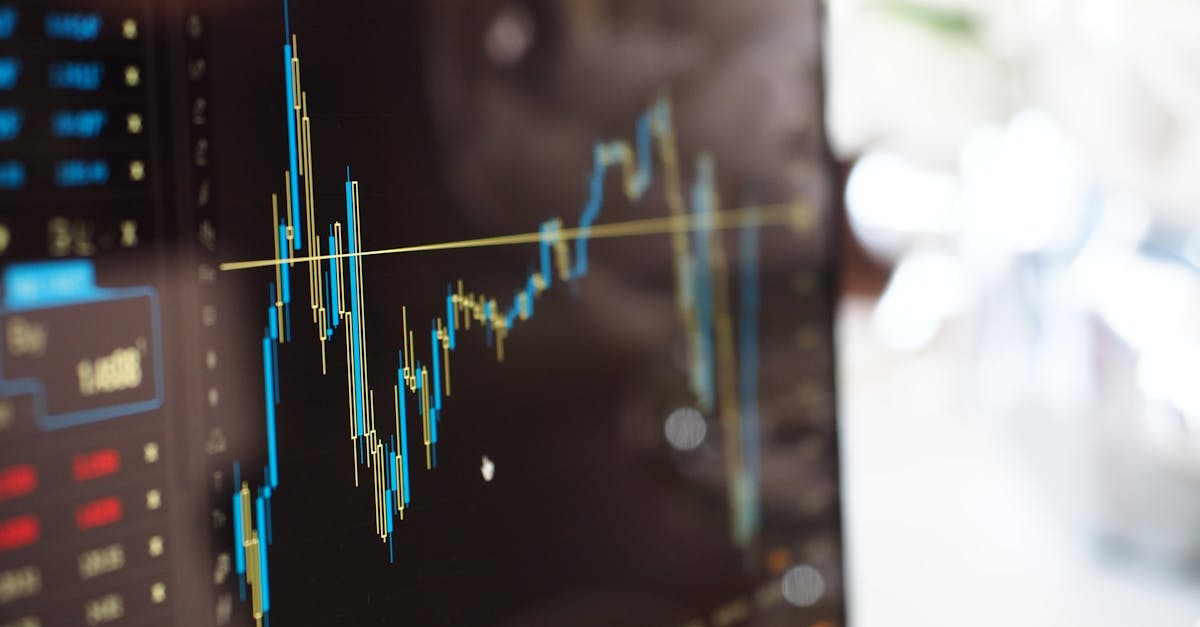The GameStop stock saga is a fascinating episode in financial history that captivated the world in early 2021. Fueled by social media, retail investors banded together to challenge Wall Street’s traditional practices, resulting in extraordinary market volatility. Understanding when these pivotal moments occurred can provide clarity on this complex topic. Below is a table summarizing the key dates that marked the GameStop stock events.
| Date | Event |
|---|---|
| January 11, 2021 | Reddit Discussion Begins |
| January 22, 2021 | GameStop Stock Price Surge |
| January 26, 2021 | Short Squeeze Begins |
| January 28, 2021 | Trading Restrictions Imposed |
| February 2, 2021 | Congressional Hearing Announced |
| March 17, 2021 | SEC Report Released |
| June 2021 | Market Adjustments and New Regulations |
Reddit Discussion Begins
The saga began on January 11, 2021, when discussions about GameStop started to gain traction on the subreddit r/WallStreetBets. Retail investors began to recognize that GameStop, a struggling brick-and-mortar video game retailer, was heavily shorted by hedge funds. This sparked interest among individual investors, who saw an opportunity to challenge institutional investors and potentially profit from the situation.

GameStop Stock Price Surge
<pOn January 22, 2021, GameStop's stock price began to surge dramatically. The increase was fueled by the rising interest from retail investors and the growing recognition of the company's potential amidst the pandemic-driven shift towards online gaming. The stock price, which had been languishing at around $20, jumped to over $40, igniting excitement and further investment from individual traders.
Short Squeeze Begins
By January 26, 2021, the short squeeze was in full effect. Hedge funds that had bet against GameStop were forced to buy shares at inflated prices to cover their positions, which only drove the price higher. The stock skyrocketed from $40 to an astonishing $147 in a matter of days, leading to massive losses for short-sellers and drawing more attention to the stock from both the media and investors.

Trading Restrictions Imposed
The situation escalated on January 28, 2021, when several trading platforms, including Robinhood, imposed restrictions on buying GameStop shares. This decision caused outrage among retail investors, who felt that they were being unfairly targeted while institutional investors continued to trade. The trading restrictions led to a significant drop in GameStop’s stock price, prompting discussions about market fairness and the role of trading platforms.

Congressional Hearing Announced
On February 2, 2021, it was announced that Congress would hold a hearing to investigate the events surrounding the GameStop stock surge. Lawmakers aimed to understand the dynamics between retail investors, hedge funds, and trading platforms. The hearing included testimonies from key figures, including Robinhood’s CEO and representatives from hedge funds involved in the short selling.

SEC Report Released
On March 17, 2021, the Securities and Exchange Commission (SEC) released a report detailing its findings regarding the GameStop incident. The report highlighted the need for regulatory changes to address issues related to market manipulation, trading restrictions, and the protection of retail investors. The SEC’s involvement underscored the significant impact of the GameStop saga on the financial industry and the need for reforms.

Market Adjustments and New Regulations
By June 2021, the financial landscape had begun to shift in response to the GameStop phenomenon. Regulatory bodies and exchanges started to implement new rules aimed at increasing transparency and protecting retail investors. The events surrounding GameStop had a lasting effect on market practices and investor behavior, paving the way for more robust regulations in the trading environment.

FAQ
What caused the GameStop stock surge?
The GameStop stock surge was primarily caused by a combination of retail investors banding together on social media platforms, particularly Reddit, and a high level of short-selling by institutional investors. This created a short squeeze, driving the stock price up dramatically as short-sellers were forced to buy shares to cover their positions.
What are the implications of the GameStop incident for retail investors?
The GameStop incident has highlighted the power of retail investors in the stock market, showcasing their ability to influence stock prices significantly. It has also raised concerns about market manipulation and the need for regulatory reforms to protect individual investors from potential risks associated with trading platforms and hedge funds.
How did regulatory bodies respond to the GameStop events?
Regulatory bodies like the SEC began investigating the events surrounding GameStop, leading to discussions about potential regulatory changes. The SEC released a report and initiated a review of trading practices, focusing on enhancing transparency and protecting retail investors from unfair practices in the market.
Where can I find more information about the GameStop saga?
For more detailed information, you can visit trusted sources such as the [U.S. Securities and Exchange Commission](https://www.sec.gov) and [Financial Industry Regulatory Authority](https://www.finra.org). These organizations provide insights into the regulatory responses and investigations related to the GameStop events.
References: [U.S. Securities and Exchange Commission](https://www.sec.gov), [Financial Industry Regulatory Authority](https://www.finra.org).

